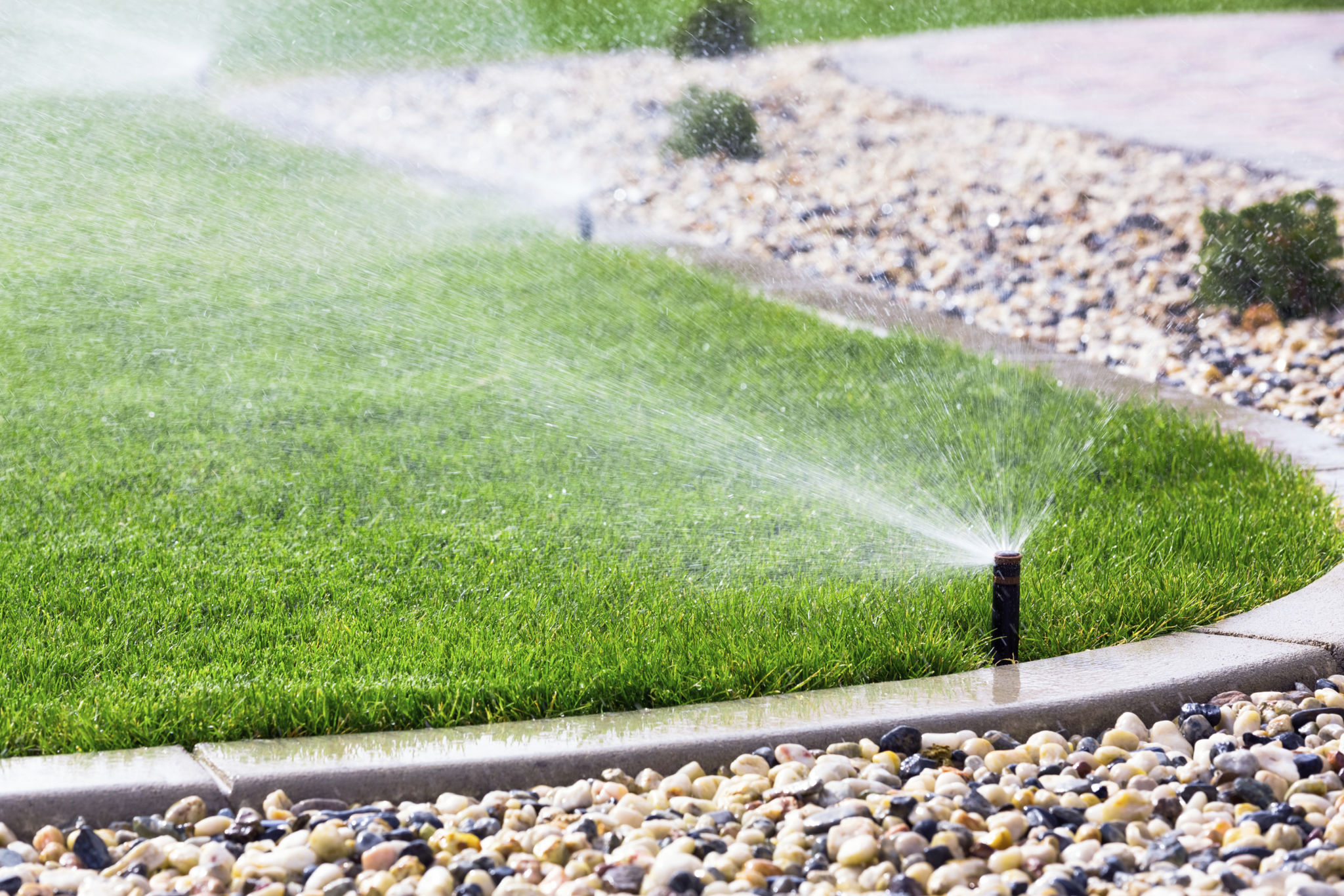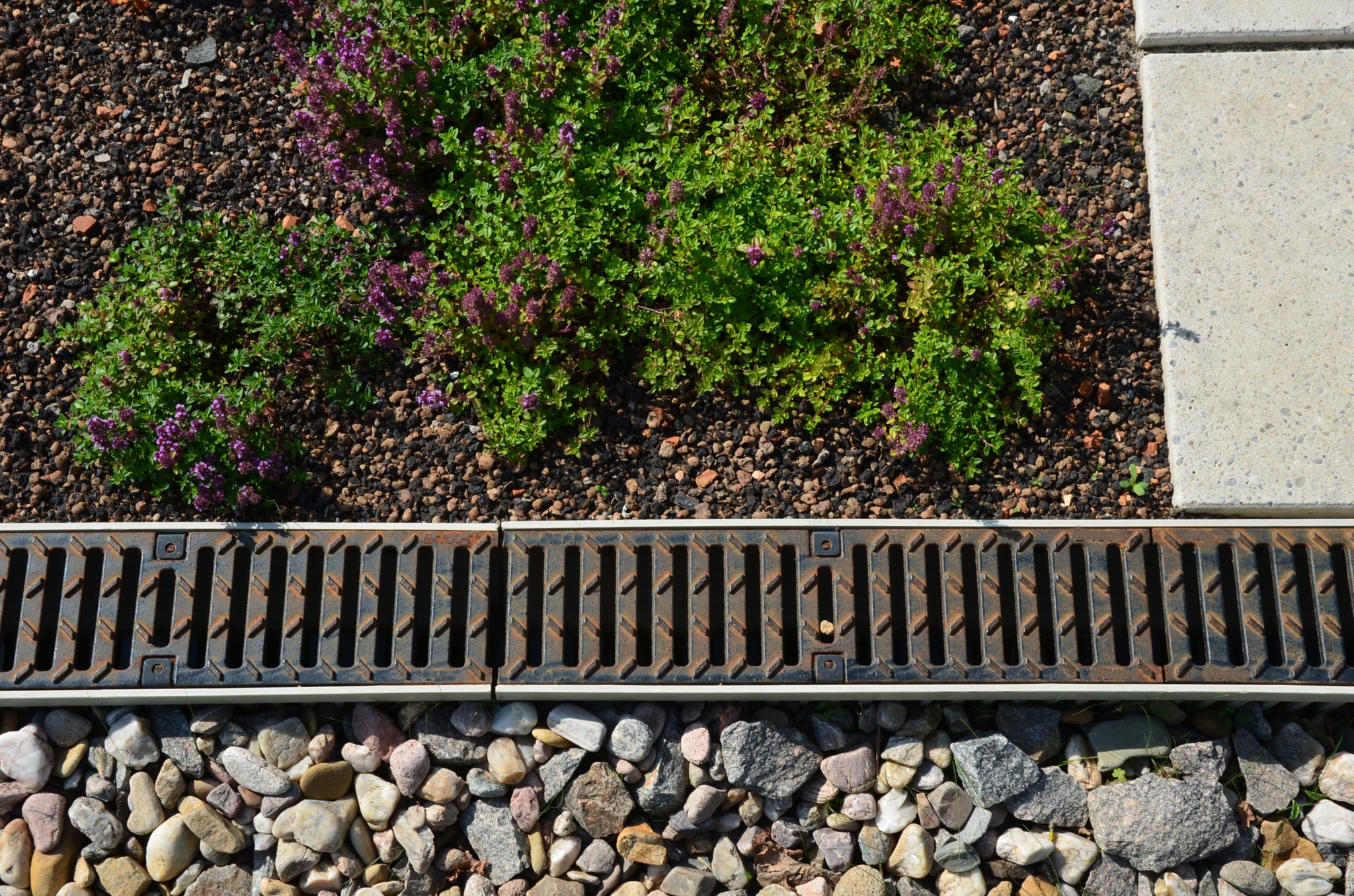The Impact of Greenville's Climate on Your Lawn Care Strategy
Understanding Greenville's Climate
Greenville, nestled in the heart of South Carolina, experiences a humid subtropical climate. This means hot, humid summers and mild winters with moderate rainfall throughout the year. Such a climate can be both a boon and a challenge for lawn care enthusiasts. Understanding the unique characteristics of Greenville's weather can help you tailor your lawn care strategy to maintain a lush, healthy lawn.

The Role of Humidity
Humidity plays a significant role in lawn health. High humidity levels can create a breeding ground for fungi and diseases, which can wreak havoc on your grass. It's crucial to choose grass species that are resistant to such conditions and ensure adequate air circulation around your lawn to prevent these issues.
Opting for grasses like Bermuda or Zoysia, which thrive in humid conditions, might be beneficial. Additionally, proper lawn mowing techniques, such as not cutting the grass too short, can help promote healthy growth and reduce the risk of disease.
Adapting to Seasonal Changes
Greenville's seasonal shifts demand specific lawn care practices. During the scorching summer months, lawns require frequent watering to combat the heat and prevent drought stress. However, it's essential to water deeply but less frequently to encourage deep root growth.

In contrast, the milder winters provide an opportunity to focus on different lawn care tasks. Aeration during the cooler months can help relieve soil compaction and improve root penetration. Adding winter fertilizers rich in potassium can also prepare your lawn for the spring growing season.
Managing Rainfall and Drainage
With Greenville receiving an average of over 45 inches of rain annually, managing excess water is vital. Proper drainage systems are essential to prevent waterlogging, which can lead to root rot and other issues. Consider installing French drains or creating rain gardens to manage runoff effectively.

Additionally, ensuring that your soil has good structure and composition can enhance its ability to absorb water efficiently. Regularly testing your soil and amending it with organic matter will improve its drainage capabilities.
Dealing with Pests and Weeds
The climate in Greenville can also influence pest and weed proliferation. Warmer temperatures can lead to an increase in pests like grubs and chinch bugs, which damage lawns. Implementing integrated pest management strategies can help control these issues without harming beneficial insects.
Weeds thrive in Greenville's climate if not adequately managed. Pre-emergent herbicides applied in early spring can prevent weeds from taking hold, while regular mowing prevents them from seeding.
Conclusion
Adapting your lawn care strategy to Greenville's climate involves understanding and anticipating the challenges posed by humidity, seasonal changes, rainfall, and pests. By selecting appropriate grass types, maintaining proper watering and drainage practices, and implementing effective pest management, you can achieve a thriving lawn that enhances the beauty of your home year-round.
